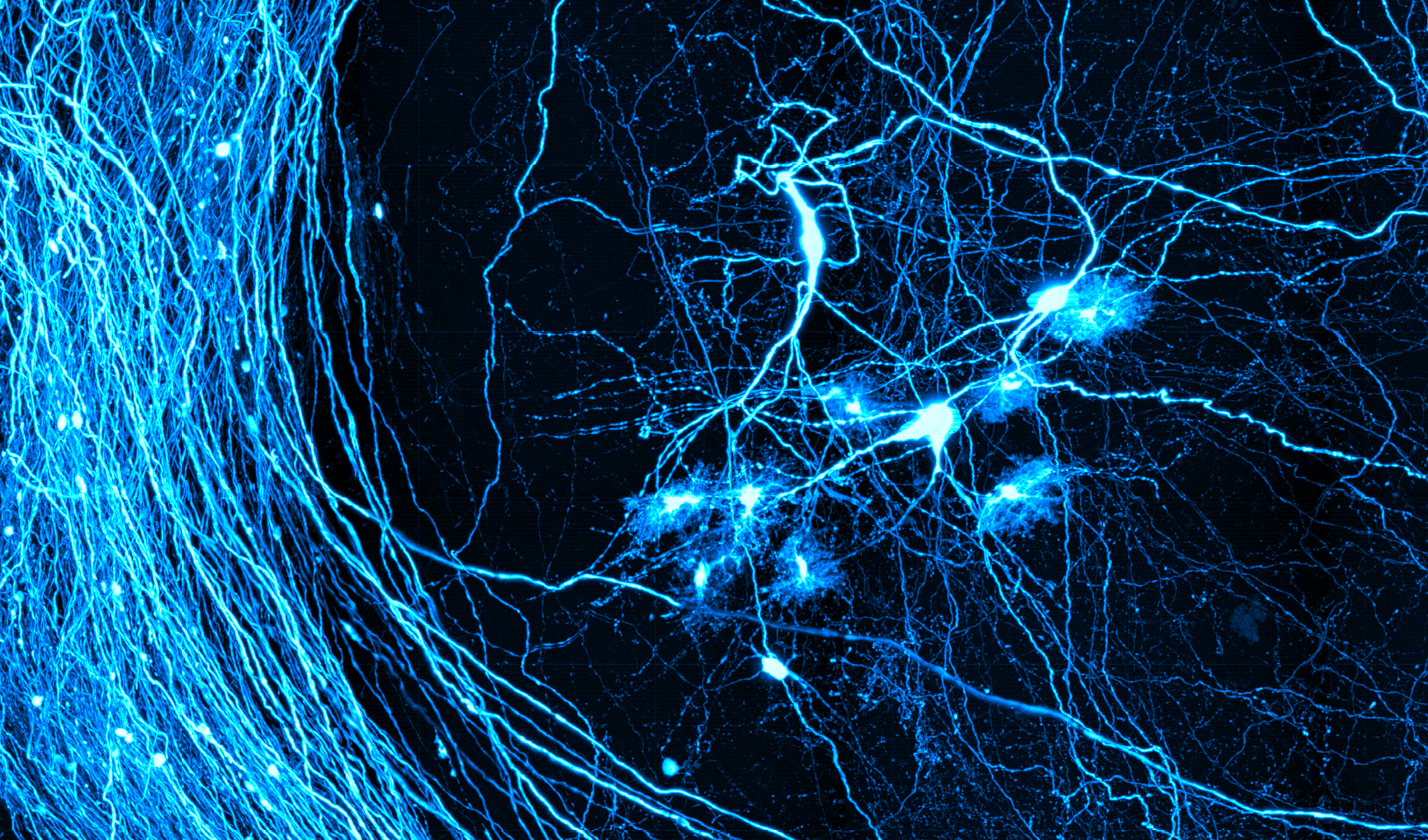NPC Fellow Kate Herrema to Advance Cortical Organoid Study with CAN DO Award

Congratulations to Kate Herrema, NPC CAN DO awardee 2024!
With funding from the Neurophotonics Center’s CAN-DO award, graduate student Kate Herrema will advance her thesis project on combining biomaterials, neurorecording devices, stem cell technology and in vivo imaging to guide the development of human cortical organoids transplanted in the mouse brain. Working with faculty from across the Charles River (Tim O’Shea, Martin Thunemann, Anna Devor) and Medical (Ella Zeldich) campuses, this project bridges the two schools in one, convergent project and will establish new methods and tools for other stem cell investigators within the NPC and beyond.
Herrema’s proposal aims to overcome the issue of controlling maturation and organization of organoid xenografts by combining xenotransplantation and biomaterial-based delivery of small molecule morphogens.
This interdisciplinary project involves expertise from three labs: a novel biomaterial developed by the O’Shea lab for controlled morphogen delivery, neural rosette organoid xenografts from the Zeldich lab for precise control over organoid characteristics, and evaluation using advanced imaging and electrophysiology techniques from the Devor and Thunemann labs. The biomaterial will be applied to the organoids, which will then be transplanted into mouse cortex for assessment using cutting-edge imaging and electrophysiology methods.
The project’s long-term vision involves expanding into a large-scale collaboration that combines bioengineering, basic biology, and disease-focused research, leveraging Boston University’s strengths in biomedical engineering, biomedicine, and neurophotonics, while strengthening connections between the CRC and BUMC campuses.
To read more on Kate’s award and plans for research, as well as to see more Neurophotonics Center fellows and their respective funding awards and goals, check out our newest page: NPC Fellows
